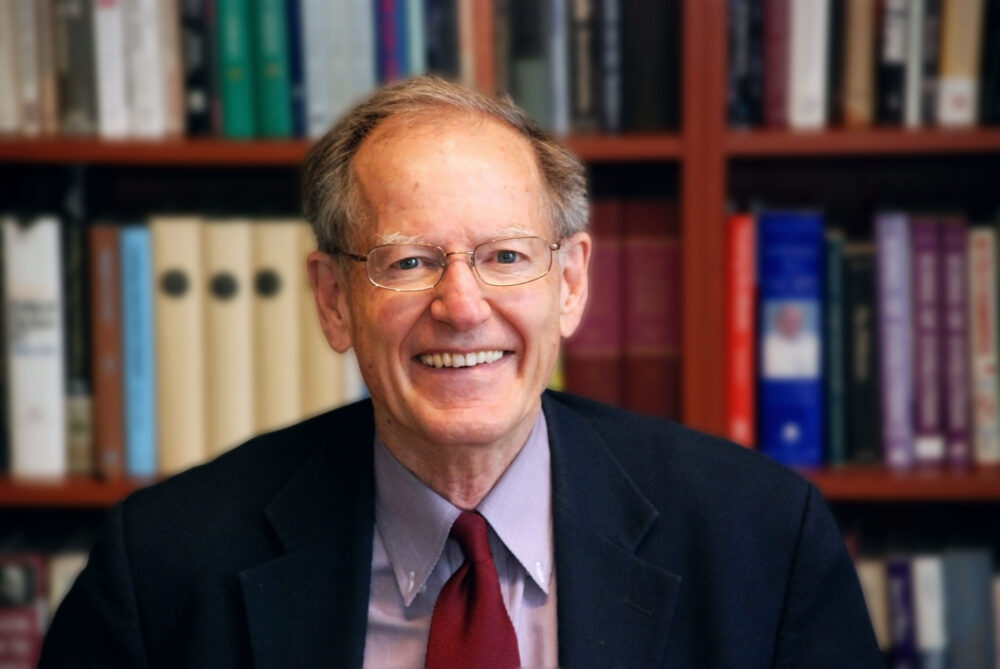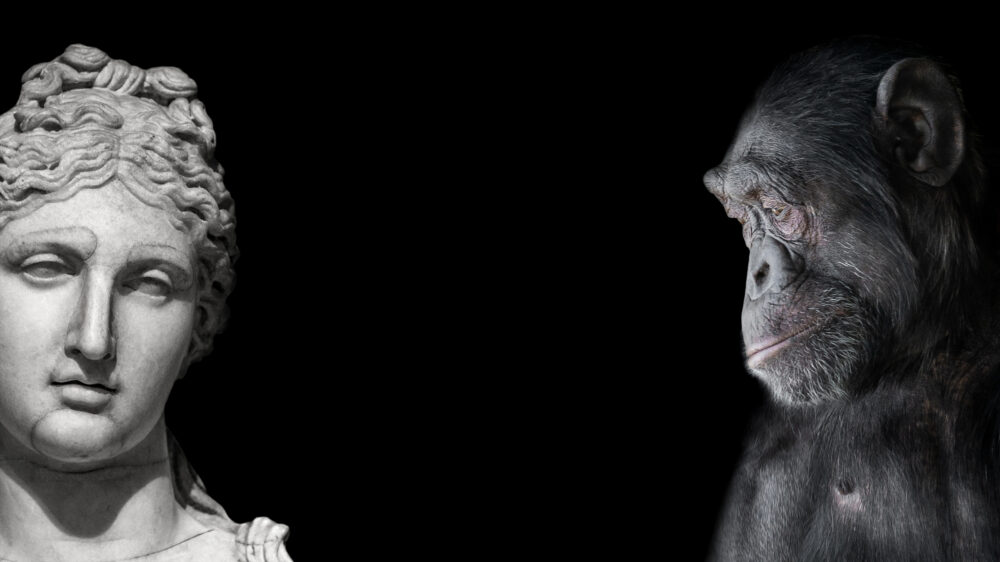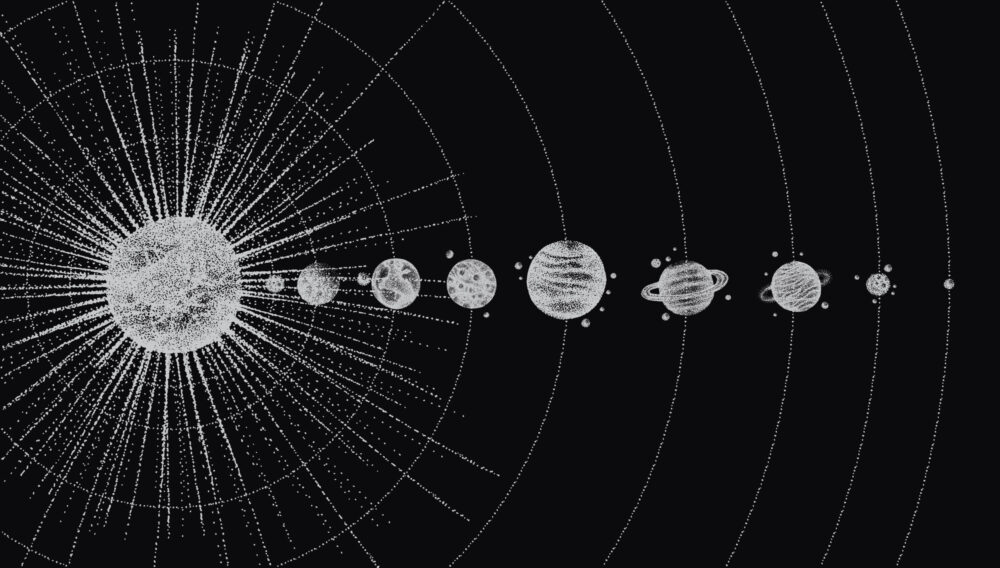


Can Evolutionary Processes Explain Human Creativity?

Why Life Is the Most Unnatural Thing in the Universe

New Study Shatters the 1% Human-Chimp Difference Myth

The Immortal Mind: An Interview with Neurosurgeon Dr. Michael

Register Now: HS Biology and Chemistry With Intelligent Design Integration

The Immortal Mind: How Neuroscience Points Beyond Materialism

Johannes Kepler, the Book of Nature, and the Language of Mathematics

Why Our Minds Are More Than “Meat Computers”
